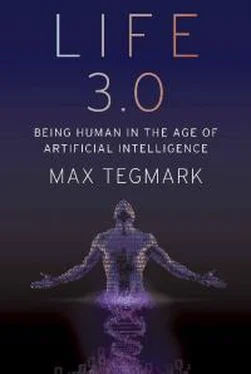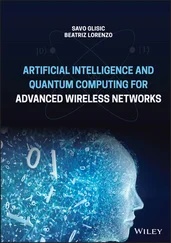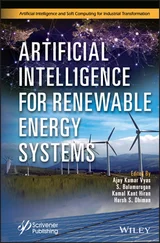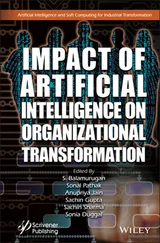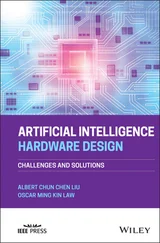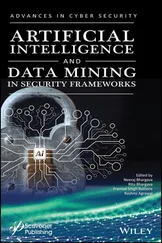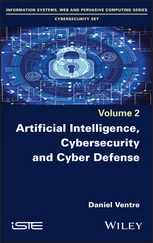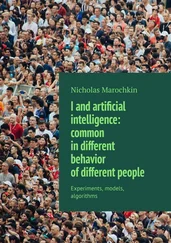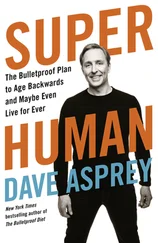
Figure 1.3: The January 2015 Puerto Rico conference brought together a remarkable group of researchers in AI and related fields. Back row, from left to right: Tom Mitchell, Seán Ó hÉigeartaigh, Huw Price, Shamil Chandaria, Jaan Tallinn, Stuart Russell, Bill Hibbard, Blaise Agüera y Arcas, Anders Sandberg, Daniel Dewey, Stuart Armstrong, Luke Muehlhauser, Tom Dietterich, Michael Osborne, James Manyika, Ajay Agrawal, Richard Mallah, Nancy Chang, Matthew Putman. Other standing, left to right: Marilyn Thompson, Rich Sutton, Alex Wissner-Gross, Sam Teller, Toby Ord, Joscha Bach, Katja Grace, Adrian Weller, Heather Roff-Perkins, Dileep George, Shane Legg, Demis Hassabis, Wendell Wallach, Charina Choi, Ilya Sutskever, Kent Walker, Cecilia Tilli, Nick Bostrom, Erik Brynjolfsson, Steve Crossan, Mustafa Suleyman, Scott Phoenix, Neil Jacobstein, Murray Shanahan, Robin Hanson, Francesca Rossi, Nate Soares, Elon Musk, Andrew McAfee, Bart Selman, Michele Reilly, Aaron VanDevender, Max Tegmark, Margaret Boden, Joshua Greene, Paul Christiano, Eliezer Yudkowsky, David Parkes, Laurent Orseau, JB Straubel, James Moor, Sean Legassick, Mason Hartman, Howie Lempel, David Vladeck, Jacob Steinhardt, Michael Vassar, Ryan Calo, Susan Young, Owain Evans, Riva-Melissa Tez, János Krámar, Geoff Anders, Vernor Vinge, Anthony Aguirre. Seated: Sam Harris, Tomaso Poggio, Marin Soljačić, Viktoriya Krakovna, Meia Chita-Tegmark. Behind the camera: Anthony Aguirre (and also photoshopped in by the human-level intelligence sitting next to him).
Another important lesson from the conference was this: the questions raised by the success of AI aren’t merely intellectually fascinating; they’re also morally crucial, because our choices can potentially affect the entire future of life. The moral significance of humanity’s past choices were sometimes great, but always limited: we’ve recovered even from the greatest plagues, and even the grandest empires eventually crumbled. Past generations knew that as surely as the Sun would rise tomorrow, so would tomorrow’s humans, tackling perennial scourges such as poverty, disease and war. But some of the Puerto Rico speakers argued that this time might be different: for the first time, they said, we might build technology powerful enough to permanently end these scourges—or to end humanity itself. We might create societies that flourish like never before, on Earth and perhaps beyond, or a Kafkaesque global surveillance state so powerful that it could never be toppled.

Figure 1.4: Although the media have often portrayed Elon Musk as being at loggerheads with the AI community, there’s in fact broad consensus that AI-safety research is needed. Here on January 4, 2015, Tom Dietterich, president of the Association for the Advancement of Artificial Intelligence, shares Elon’s excitement about the new AI-safety research program that Elon pledged to fund moments earlier. FLI founders Meia Chita-Tegmark and Viktoriya Krakovna lurk behind them.
Misconceptions
When I left Puerto Rico, I did so convinced that the conversation we had there about the future of AI needs to continue, because it’s the most important conversation of our time. *2It’s the conversation about the collective future of all of us, so it shouldn’t be limited to AI researchers. That’s why I wrote this book: I wrote it in the hope that you, my dear reader, will join this conversation. What sort of future do you want? Should we develop lethal autonomous weapons? What would you like to happen with job automation? What career advice would you give today’s kids? Do you prefer new jobs replacing the old ones, or a jobless society where everyone enjoys a life of leisure and machine-produced wealth? Further down the road, would you like us to create Life 3.0 and spread it through our cosmos? Will we control intelligent machines or will they control us? Will intelligent machines replace us, coexist with us or merge with us? What will it mean to be human in the age of artificial intelligence? What would you like it to mean, and how can we make the future be that way?
The goal of this book is to help you join this conversation. As I mentioned, there are fascinating controversies where the world’s leading experts disagree. But I’ve also seen many examples of boring pseudo-controversies in which people misunderstand and talk past each other. To help ourselves focus on the interesting controversies and open questions, not on the misunderstandings, let’s start by clearing up some of the most common misconceptions.
There are many competing definitions in common use for terms such as “life,” “intelligence” and “consciousness,” and many misconceptions come from people not realizing that they’re using a word in two different ways. To make sure that you and I don’t fall into this trap, I’ve put a cheat sheet in table 1.1 showing how I use key terms in this book. Some of these definitions will only be properly introduced and explained in later chapters. Please note that I’m not claiming that my definitions are better than anyone else’s—I simply want to avoid confusion by being clear on what I mean. You’ll see that I generally go for broad definitions that avoid anthropocentric bias and can be applied to machines as well as humans. Please read the cheat sheet now, and come back and check it later if you find yourself puzzled by how I use one of its words—especially in chapters 4–8. Terminology Cheat Sheet LifeProcess that can retain its complexity and replicate Life 1.0Life that evolves its hardware and software (biological stage) Life 2.0Life that evolves its hardware but designs much of its software (cultural stage) Life 3.0Life that designs its hardware and software (technological stage) IntelligenceAbility to accomplish complex goals Artificial Intelligence (AI)Non-biological intelligence Narrow intelligenceAbility to accomplish a narrow set of goals, e.g., play chess or drive a car General intelligenceAbility to accomplish virtually any goal, including learning Universal intelligenceAbility to acquire general intelligence given access to data and resources [Human-level] Artificial General Intelligence (AGI)Ability to accomplish any cognitive task at least as well as humans Human-level AIAGI Strong AIAGI SuperintelligenceGeneral intelligence far beyond human level CivilizationInteracting group of intelligent life forms ConsciousnessSubjective experience QualiaIndividual instances of subjective experience EthicsPrinciples that govern how we should behave TeleologyExplanation of things in terms of their goals or purposes rather than their causes Goal-oriented behaviorBehavior more easily explained via its effect than via its cause Having a goalExhibiting goal-oriented behavior Having purposeServing goals of one’s own or of another entity Friendly AISuperintelligence whose goals are aligned with ours CyborgHuman-machine hybrid Intelligence explosionRecursive self-improvement rapidly leading to superintelligence SingularityIntelligence explosion UniverseThe region of space from which light has had time to reach us during the 13.8 billion years since our Big Bang
Читать дальше
